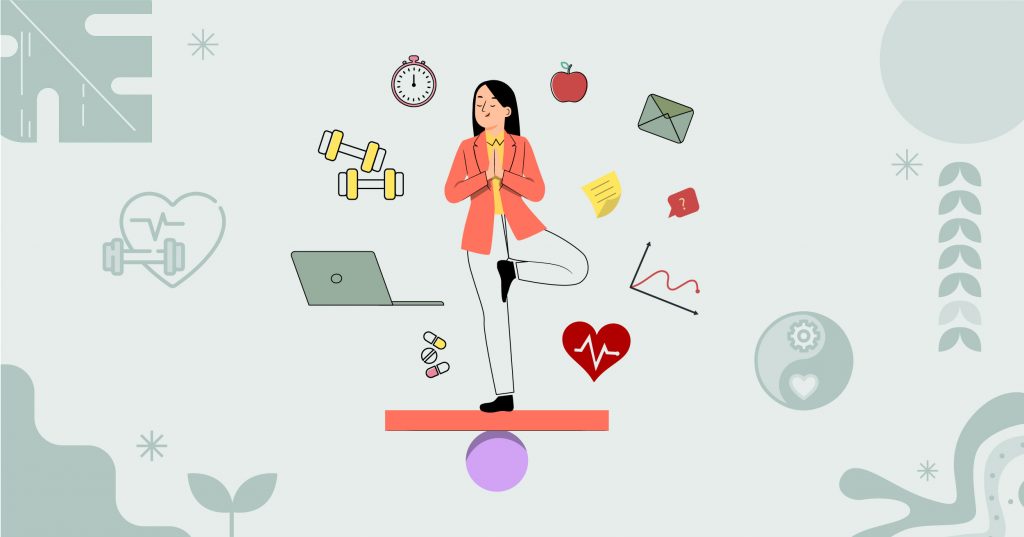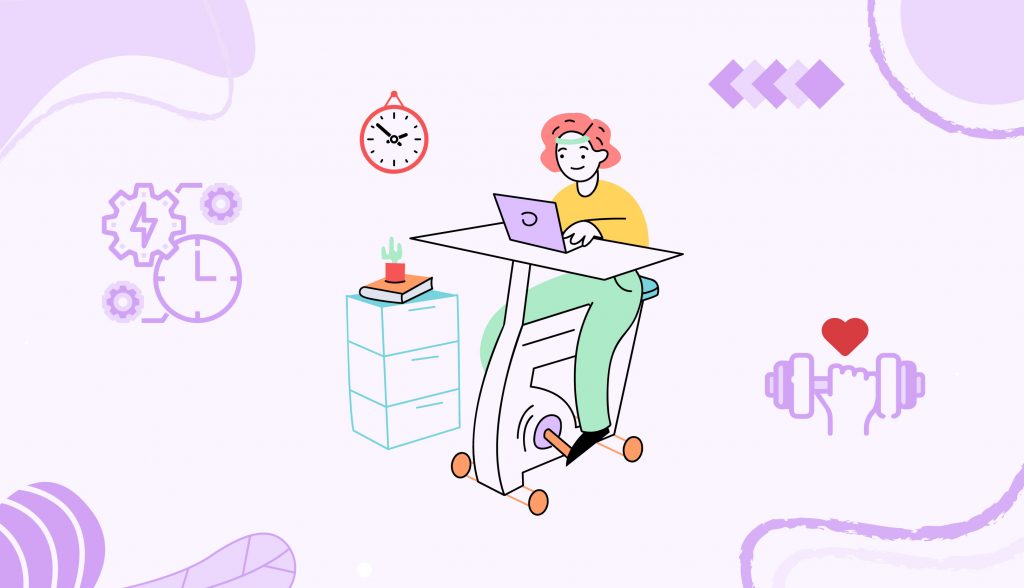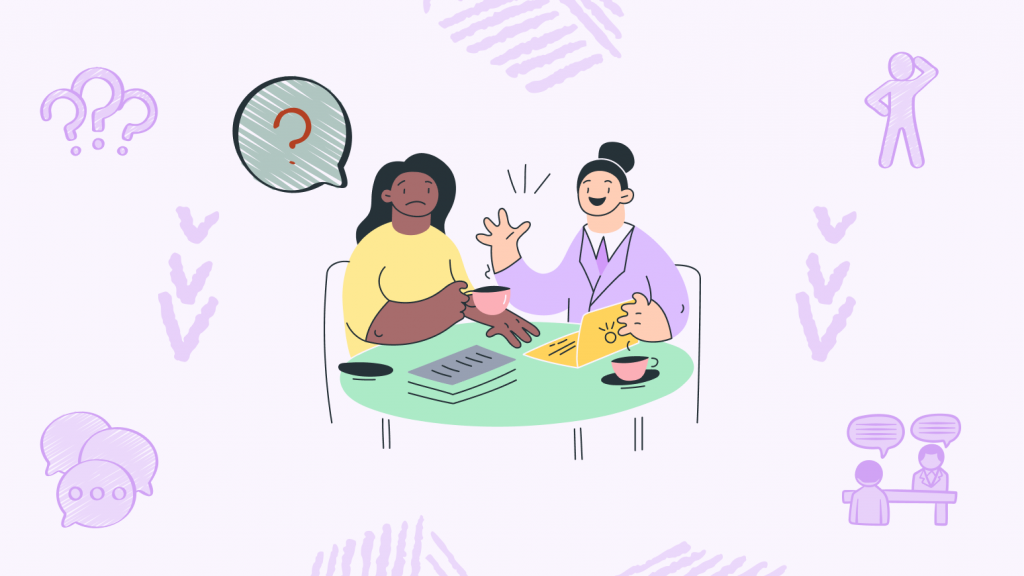The Change Dilemma
Ah, the Change Dilemma, right? It’s like life has this way of throwing curveballs at us when we least expect it. One minute you’re coasting along, comfortable in your little routine bubble, and the next, whoosh, here comes a gust of change to shake things up!
Whether it’s something small, like your favorite coffee shop running out of your go-to brew, or something big, like landing a new job in a totally different city, change has a knack for testing our nerves.
It’s funny (and by funny, meaning sometimes downright nerve-wracking) how these shifts, big or small, can send us on an emotional roller coaster, right? There you are, minding your own business, and suddenly you’re facing a move, a new job, or even coping with a personal loss.
It’s no wonder we often find ourselves knee-deep in feelings of anxiety, fear, and uncertainty. It’s all about wrestling with the unknown, stepping out of our comfort zone, and, let’s be honest, sometimes desperately missing the way things used to be.
The Science of Change Resistance
Our resistance to change is deeply rooted in our biology and psychology. Neurologically, our brains are wired to prefer routine and predictability.
When faced with change, the brain perceives it as a threat, triggering a stress response that releases cortisol and adrenaline, preparing the body to either fight, flee, or freeze. This response can lead to feelings of anxiety and discomfort, making us feel powerless against the tide of change.
On a neurochemical level, routine and predictability release dopamine, a neurotransmitter associated with pleasure and reward. When routines are disrupted by change, the sudden drop in dopamine levels can lead to discomfort and resistance.
Additionally, the brain’s neural pathways, strengthened by repeated behaviors and routines, resist change because it requires extra effort and energy to forge new pathways and adapt to new situations.
Charting a Course Through Change
To navigate change more effectively, it’s crucial to develop strategies that can help us adapt and thrive:
- Acknowledge and Accept Your Feelings: Recognize that feeling uneasy about change is normal and allow yourself to experience these emotions without judgment.
- Stay Present: Engage in mindfulness practices to ground yourself in the present moment, reducing anxiety about the future.
- Seek Support: Share your feelings and concerns with friends, family, or a support group. Social support can provide comfort and practical advice during times of transition.
- Gradual Exposure: Take small steps towards embracing the change to reduce the overwhelm, making the transition more manageable.
- Maintain Some Consistency: Keep some routines or habits stable to provide a sense of normalcy and security amidst change.
- Focus on the Positives: Try to identify potential benefits or opportunities that the change might bring, shifting your perspective from loss to gain.
Subscribe to newsletter
Get your Gut Health Starter Guide right now.
Elevate your Tuesdays with practical, science-backed wisdom propelling you forward on your gut health journey.

The Transformational Power of Change
Consider the story of Alex, who faced a significant life change when he lost his long-time job due to company downsizing. Initially, Alex was overwhelmed with feelings of anger, loss, and uncertainty. The sudden change shattered his routine and sense of security, plunging him into a state of stress and anxiety.
However, Alex decided to view this involuntary change as an opportunity for personal growth and development. He began by acknowledging his feelings of loss and fear, which helped him come to terms with his new reality. To cope with the change, he engaged in mindfulness exercises and sought the support of a career coach and close friends, which helped him stay grounded and open to new possibilities.
“Losing my job was a shock to my system. At first, all I could see was the upheaval it caused in my life. But as I slowly accepted the change, I began to see it as a chance to reassess my career and personal goals. With support and mindfulness, I explored new avenues and eventually found a role that was more aligned with my passions and offered a better work-life balance. The change, though initially unwelcome, led me to a more fulfilling path.”


















